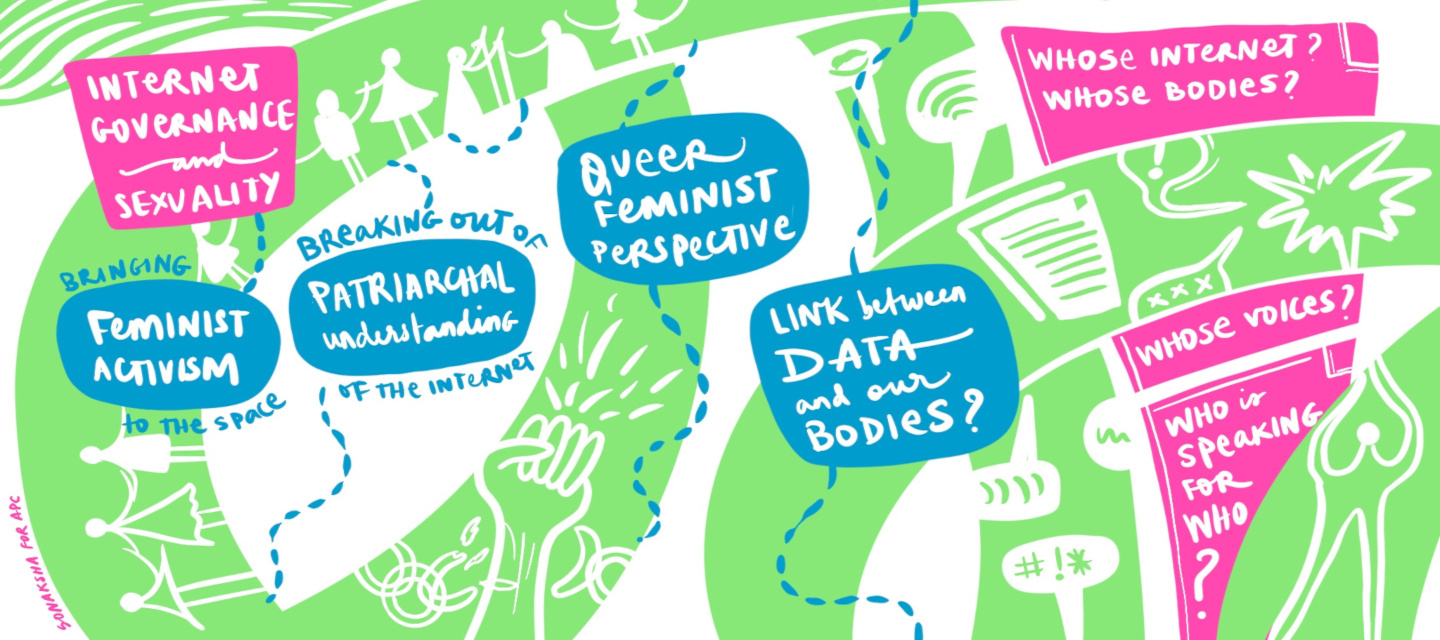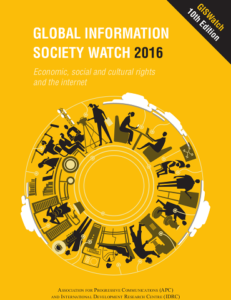

Telling our stories online
When it comes to the discussion of feminism in Russian society, some people speak about “natural feminism”: they say women will not be content with just staying at home with kids or not getting an education.

Global Information Society Watch (GISWatch) is a space for collaborative monitoring of implementation of international (and national) commitments made by governments towards the creation of an inclusive information society.
It focuses on monitoring progress made towards implementing the World Summit on the Information Society (WSIS) action agenda and other international and national commitments related to information and communications. It also provides analytical overviews of institutions involved in implementation. GISWatch aims to make governments and international organisations accountable for meeting the commitments they make through contributing to building a strong and sustainable global civil society policy advocacy network.
We're publishing some of editions and write-ups that are specific to gender and sexuality from GISWatch here.